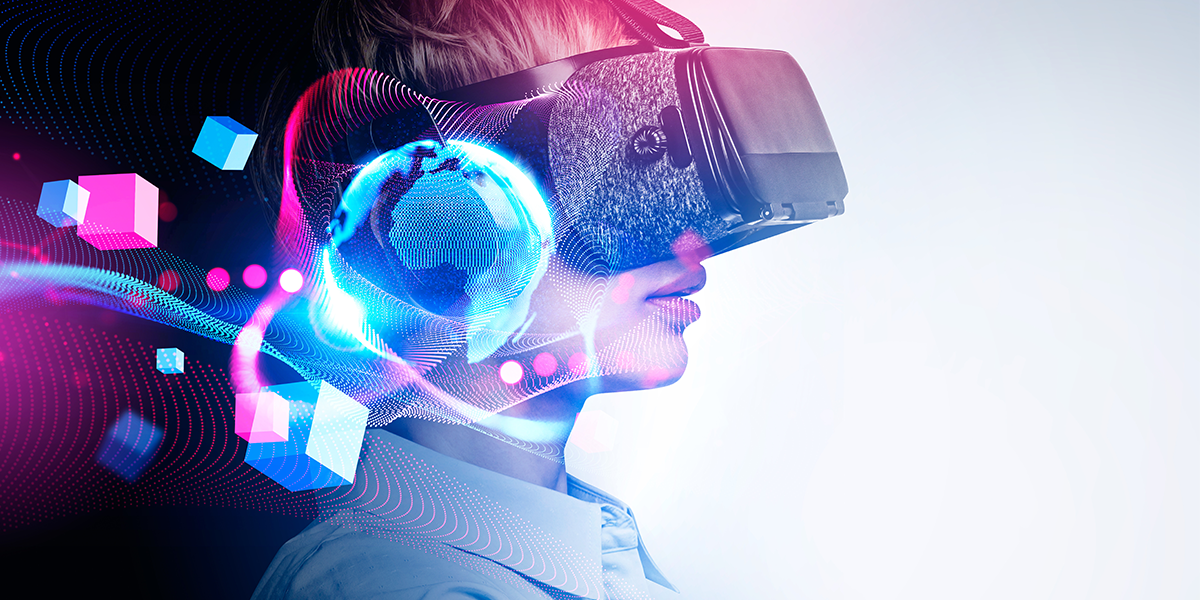Wow Value in the Experience Economy

Have you heard of the experience economy? The term itself was coined in the late 1990s and has roots in books dating back before 1970. The concept is simple: It’s an economy focused on how goods and services can affect people’s lives. Instead of a consumer wanting an object such as a VR headset to be adorned and admired, the consumer instead is focused on what the VR headset does to affect their life. For example, the VR headset can transport them somewhere else, unlock fear, fun or even help teach and learn. Never has this economy been so strong as it is today with millennials driving the charge.
Keep in mind, this concept is no different for AV as it is for say — car sales. Sure, we want to know about the specifications and details of the car and how the car looks. But no decisions get made until you sit in the seat and drive the car — that experience defines your purchase decision. No words or specifications matter if you’re uncomfortable in the vehicle and the vehicle just doesn’t feel right.
In 2022 and looking into the future, the experience economy is a growing movement more than it is a business model. It’s become a concept driven by a visceral emotional reaction that transcends physical things like products and services and elicits a uniquely human response. Rarely if at all does the product or service even enter the conversation. Maybe it can be attributed to the sheer lack of experiences, shared or individual, over the past few years. Everyone has felt, more so than ever, how vital experiences are — especially shared experiences.
Thankfully, with Moore’s Law hitting its threshold, there are a lot of accessible innovative products and services in the market right now that didn’t even exist a decade ago. We have amazingly intuitive hardware and service options that are solely based on enhancing our human experience and eliciting an emotional response.
As an industry that is solely based around two key human senses — sight and sound — we really do take a leading role in shifting the human experience into different realms. If your AV team is just selling the boxes and newest models as the items consumers need to behold — then the whole world is your competition. If you’re selling the experiences that can be created in today’s technology — then the world is your playground with imagination being your only competition.
By no means is this subject/article an insult to the hardware or service providers out there. Not at all! Without the amazing and innovative hardware options and highly skilled service teams/tools, we wouldn’t even be able to dream up and build these immersive and experiential experiences. We owe it all to them.
Instead, the main takeaway here is that hardware and service are mostly just as critical to us, the sellers, as they are to the designers, the builders, the creators. But to the person experiencing the event or moment that has been created — it’s about the visceral emotional response at that moment that drives the want and the need. The tingle up the spine, the hair raising on the neck — the kids want ASMR! (Don’t worry, I’ll write about that acronym another time.)
Going forward as AV professionals, we need to recognize this economy, and we need to ensure we are speaking to it and moving our businesses toward it. We are stakeholders in the human senses; we should be able to talk about this and engage on that level. Your firm should be looking to hire creatives, out-of-the-box thinkers and people who can translate complex thoughts into coherent concepts.
Too many times, when we’re at the table, the conversation boils down to the newest shiny piece of hardware, a cool feature or engineering marvel. The conversation starts to wrap around specifications and requirements, cost and feasibility — and of course, this is all very important. Sales and engineering are critical to business. But when you’re sitting at a table of stakeholders that are professionals and experts in their fields — they won’t care what you’re saying. It comes off as technical garble — tech speak in a language they don’t understand. It often alienates the client and makes them less likely to invest in you, let alone any concept or innovation you may be selling.
This is when you need to remind yourself of the experience economy. Slow down, take a step back and look at things differently. Your client is rarely an AV professional — that’s why you’re there! Instead, your client or consumer is looking to you to learn what technology can do for them. How can their lives and the lives of their employees or consumers be better off with your technology-based AV solution? What will make an impact to their business? What will enhance their offering? How can you give them some wow value and get people to engage with their brand? These are important topics for the stakeholders at the table.
So next time you’re kicking off a client meeting, remind yourself what you are there to do. Are you selling the boxes? Or, are you selling the experience? Are you connecting on a human level? or downloading your product knowledge? I guarantee, if you can connect with people’s emotional needs and wants for their business or consumer, and you design a system that engages the senses — you will no doubt see more success than if you don’t. The success of the experience economy is only growing, and we can be leaders in the movement.


